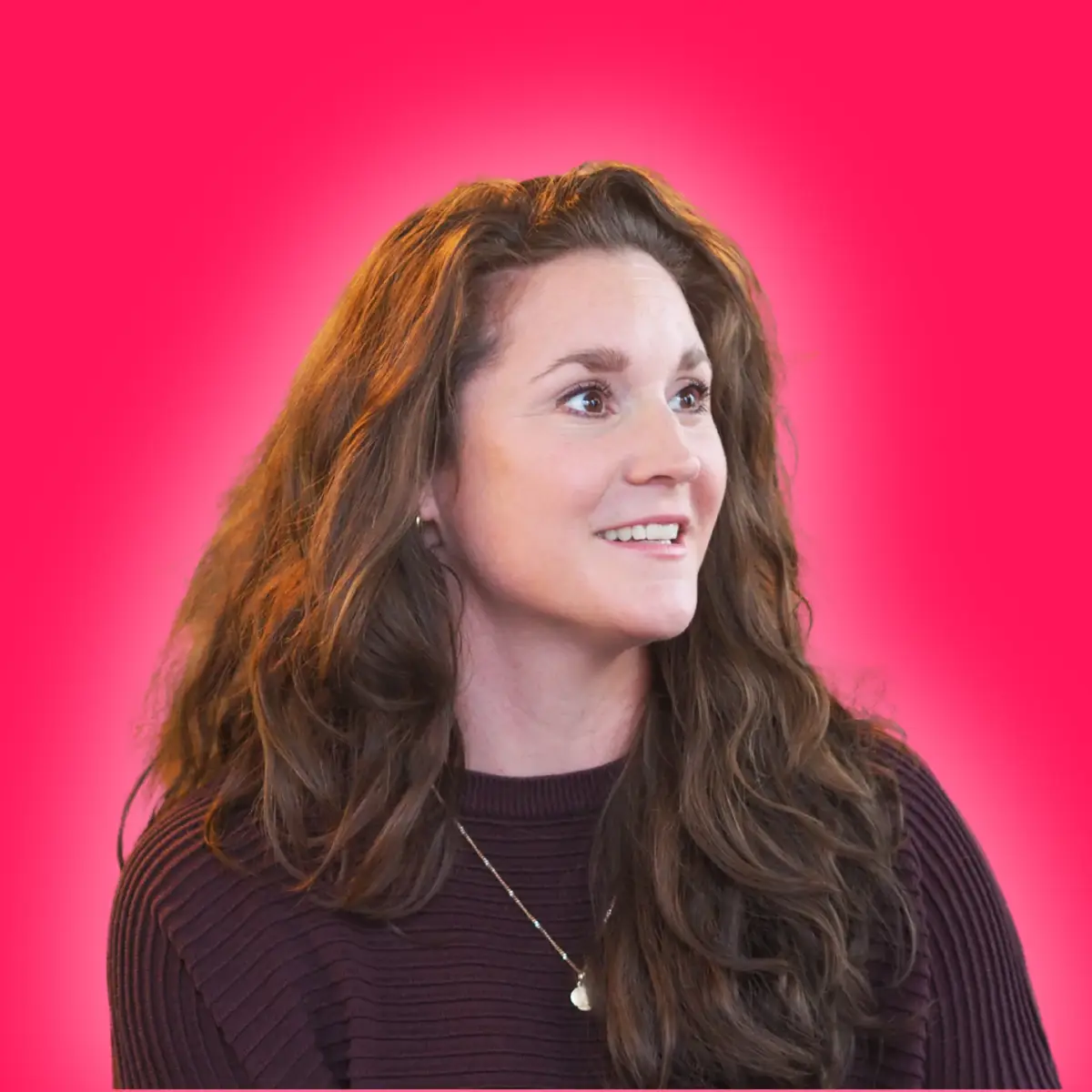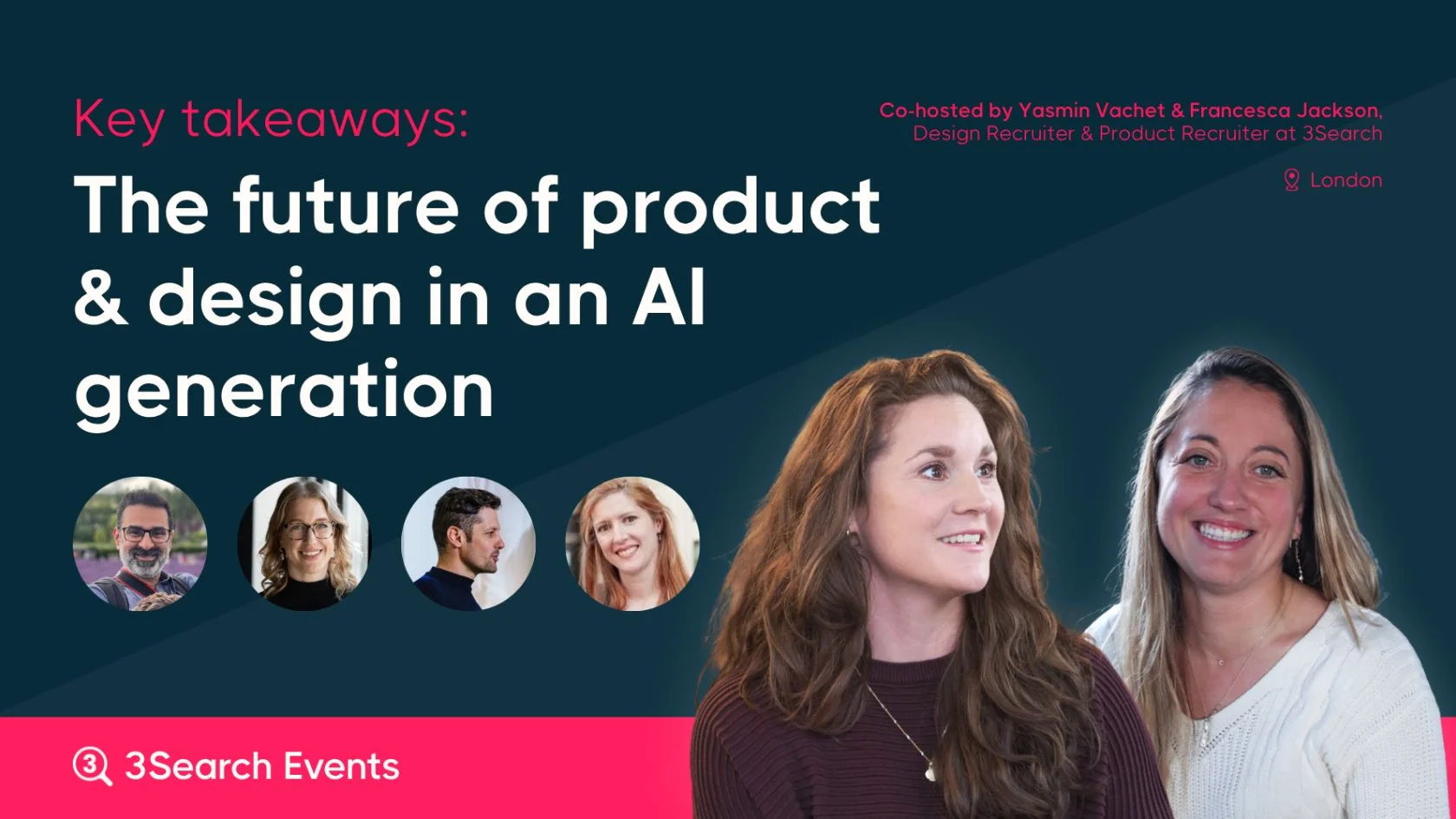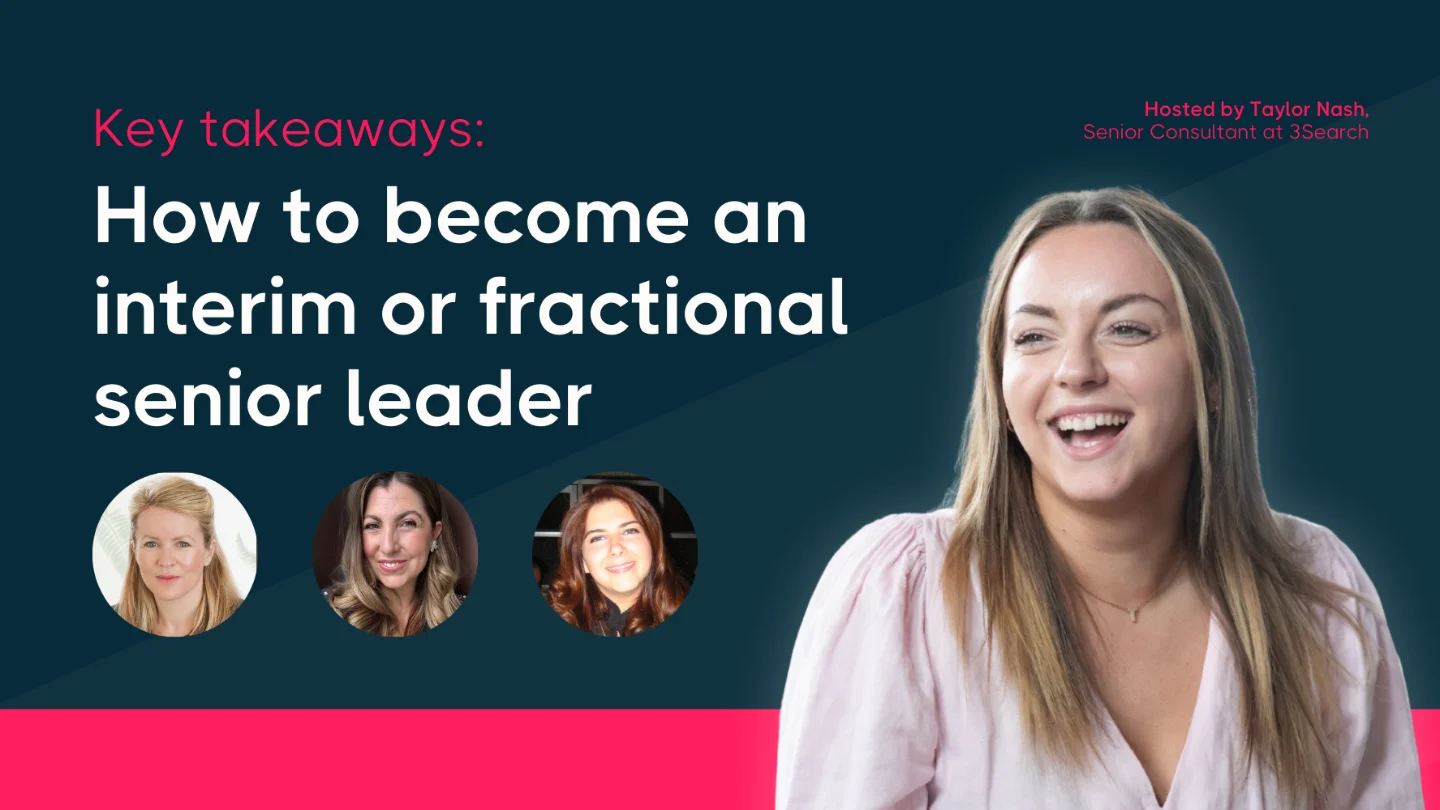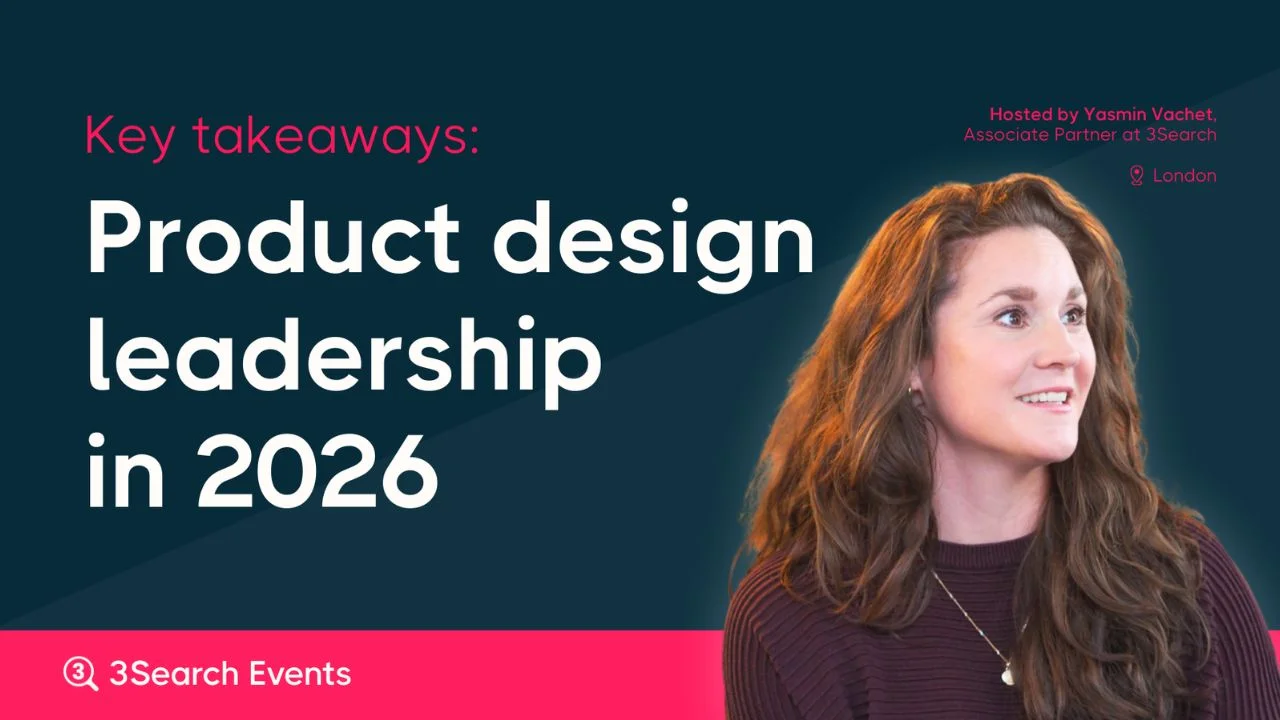2025 has been a year of big shifts, with AI pushing product and design teams to rethink how they create, experiment, and grow. In the fifth instalment of Product Design CoLab UK, we explored how artificial intelligence is acting as both an enabler and a disruptor in 2026.
The evening, moderated by Darci Dutcher, brought together:
- Brigitte West, Product Director at DrDoctor
- Rags Vadali, Founder at Floto, previously CPO at token.com and Lantum
- Thomas Michalak, Director of Design & Creative at Newcross Healthcare Solutions
Together, they shared honest reflections on how AI has shaped their work, their teams, and the way they hire. Keep reading for the key takeaways from the conversation, including:
AI in 2025: Expectations vs. reality
At the start of the year, many teams placed big bets on how AI tools would transform their workflows. The panel opened with reflections on the promises of what artificial intelligence would deliver in 2025.
The reality? AI has accelerated output but hasn’t replaced human thinking.
People-driven processes continue to rule
Rags Vadali, Founder at Floto, shared how his startup built an AI prototyping tool for Product Managers, only to realise that AI hasn’t dramatically changed the way product teams actually work. Rags shared, “What I’m seeing today is, while people are able to create prototypes quicker, it hasn’t really changed the day to day of how a Product Manager, or the product team operates. What AI can do has really come up against how people operate.”
Chaos and confusion created
Thomas Michalak, Director of Design & Creative at Newcross Healthcare Solutions, found that giving designers and PMs the ability to “ship code” through AI created chaos. It introduced inconsistencies and quality issues. Now, while processes continue to be more efficient with AI, they’ve handed control back to engineers to ensure that quality control.
The reality inside product teams
AI has certainly improved the speed of delivery, but not necessarily the quality of outcomes. While engineers are now building faster than ever with the help of AI coding tools, product and design teams are still learning how to keep pace.
How are product and design teams using AI today?
When asked how many people in the room had used AI that day, nearly every hand went up. But when asked if it made their work better rather than just faster, far fewer agreed.
In summary, across the panel:
- AI is seen as a tool for efficiency, not a creative substitute.
- It’s helping compress processes, speed up research, and reduce manual tasks, but still relies on human taste, empathy, and critical thinking to deliver quality.
- Teams are learning that introducing AI successfully requires change management, not just tools.
As Brigitte West, Product Director at DrDoctor, summarised, “I'm not going to forget the human element of AI. It's like any organisational change, what you're doing is you're leading people to do something in a new way. And it has to have the right level of storytelling inspiration behind it.”
AI in hiring
The conversation then turned to the use of AI in a recruitment setting. Our speakers explored how companies are using it, and how candidates are leveraging it to get ahead.
How AI influences which CVs hiring managers see
Many attendees weren’t aware that their ATS systems already use AI, automatically scanning CVs for keywords or formatting. While these tools can help manage high application volumes, they often risk missing great candidates.
As design recruiter, Yasmin Vachet, noted, “AI might be helping you shortlist, but it can also decimate your candidate experience.”
For designers, AI has created new frustrations. Portfolio reviews are often replaced by automated keyword filtering, meaning creative talent can be missed before a human even sees their work.
How AI impacts the quality of applications
Artificial intelligence tools are being used by candidates throughout the interview process. From supporting with CV and cover letter writing to live interview support, it’s becoming incredibly difficult for hiring managers to understand who the right candidates are.
Rags shared his approach as a founder was to embrace AI rather than fight it. When hiring he no longer relies on CVs or take-home tasks. Instead, candidates are asked to show their AI prompt history. This evidences how they think, not just what they produce.
How will AI influence the future of product and design?
We ended the panel by looking towards the future and how AI will shape product and design roles into 2026 and beyond.
Roles and responsibilities will change
One of the biggest changes discussed throughout the event, is how AI is making disciplines and skill sets accessible to all. Even if they are not an expert in it.
For instance, Thomas mentioned how Designers are now able to implement code changes with the support of AI. This is only expected to grow in 2026, impacting the shape of roles. The focus for specialists in the future will be on maintaining consistency and quality.
As one attendee summarised, “AI is democratising discipline.” Anyone “can start with an idea or inspiration,” they said, “It means that the discipline role becomes about applying the quality.”
The evolution of product teams
Our panellists predicted that Product Managers’ roles will evolve from task-setters to orchestrators.
Rags shared, “I can finally now just give people problems to solve.” With AI speeding up processes, Product Managers are able to test, fail and learn quicker than ever before. So, we should see faster innovation than ever before.
Mistakes we won’t be repeating
The panel closed with one final question: “What are you not going to do next year?”
Their lessons are summarised below:
- Brigitte: “Don’t forget the human.”
- Rags: “Don’t give solutions, give problems.”
- Thomas: “Don’t keep what you don’t need.”
Final thoughts
As we look ahead to 2026, the challenge now is understanding how to use artificial intelligence wisely, how to preserve the human connection, and how to build teams ready for change.
Learn more about our community
Thank you to everyone who joined us for our latest Product x Design CoLab event, and to our incredible speakers for sharing their insights with everyone.
If you’re interested in future events or want to learn more about our work in Product and Design recruitment, get in touch with the 3Search team.





